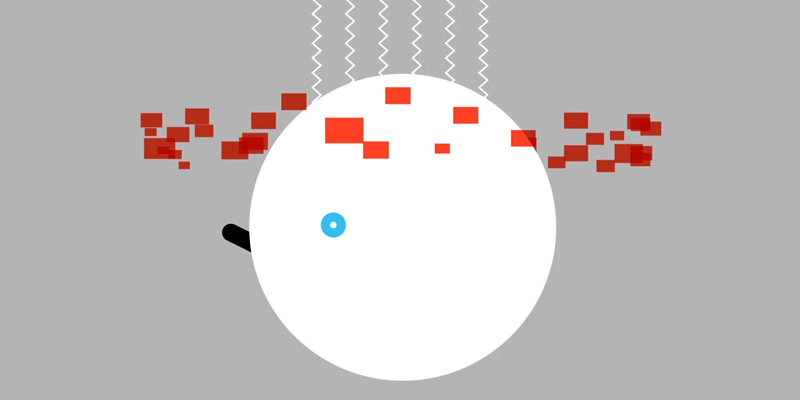
Work habits rather than wellbeing?
September 14, 2016
The impact of removing ratings?
September 15, 2016Uncertainty causes more stress than knowing


Given the amount of uncertainty since June and the Brexit vote some recent research is timely. The research looked at the impact of uncertainty on stress levels and indicated that knowing something painful or unpleasant is going to happen creates less stress than being uncertain whether it will happen or not.

The study, published in Nature Communications, found that situations in which participant had a 50% chance of receiving an electric shock were the most stressful. Knowing you are definitely not going to get a shock is unsurprisingly less stressful but knowing you are definitely going to get a shock is also less stressful.
The experiment involved 45 volunteers who played a computer game in which they turned over rocks that might have snakes under them. They had to guess whether or not there would be a snake, and when there was they received a mildly painful electric shock on the hand. Over time they learned which rocks were most likely to have a snake under it but those odds changed throughout the experiment, generating different levels of uncertainty.
Participants’ uncertainty that any individual rock would have a snake under it was estimated from their guesses using a sophisticated computational model of learning. This uncertainty matched the stress levels reported by participants, which was also tracked using measurements of pupil dilation and perspiration.
Researchers say the experiment allowed them to draw conclusions about the effect of uncertainty on stress. It turns out that it’s much worse not knowing you are going to get a shock than knowing you definitely will or won’t. Say the researchers. They also saw exactly the same effects in our physiological measures – people sweat more and their pupils get bigger when they are more uncertain.”
This is the first time that the effect of uncertainty on stress has been quantified, but the concept is likely to be familiar to many people.
Co-author Dr Robb Rutledge (UCL Institute of Neurology and Max Planck UCL Centre for Computational Psychiatry and Ageing Research) says “The most stressful scenario is when you really don’t know. It’s the uncertainty that makes us anxious. The same is likely to apply in many familiar situations, whether it’s waiting for medical results or information on train delays.” Or the result of Brexit.
What this research implies for us is that telling people what we know is important. Reducing the range and number of things that are uncertain and focusing on what is known will reduce stress even if you can’t completely remove uncertainty. The research also implies that telling people certain bad news (you are going to get an electric shock, or a reduction in sales etc) is better than leaving people wondering.

The researchers say that being tuned into uncertainty probably developed as a survival mechanism.

Dealing with uncertainty
Stress is often seen as a negative, but the study also found a potential benefit. People whose stress responses spiked the most at periods of greatest uncertainty were better at judging whether or not individual rocks would have snakes under them. They were better able to judge risk.
The researchers say that being tuned into uncertainty probably developed as a survival mechanism. Dr Sven Bestmann (UCL Institute of Neurology) says “Appropriate stress responses might be useful for learning about uncertain, dangerous things in the environment. Modern life comes with many potential sources of uncertainty and stress, but it has also introduced ways of addressing them. For example, taxi apps that show where a car is can offer peace of mind by reducing the uncertainty about when it will arrive. Real-time information boards at bus stops and train platforms perform a similar role, although this can be undermined by unspecified delays which cause stress for passengers and staff alike.”
Original Research: Full open access research for “Computations of uncertainty mediate acute stress responses in humans” by Archy O. de Berker, Robb B. Rutledge, Christoph Mathys, Louise Marshall, Gemma F. Cross, Raymond J. Dolan and Sven Bestmann in Nature Communications. Published online March 28 2016 doi:10.1038/ncomms10996
Related Content



